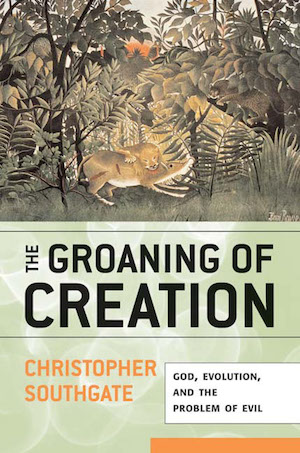Reference



OpenAI's Answer
Christopher Southgate addresses the role of suffering in the evolutionary process in several works. His perspective can be summed up in the following points:
-
Natural Suffering and Evolution: Southgate acknowledges that suffering, pain, and death are intrinsic parts of the evolutionary process. He suggests that the natural world, including the evolutionary process, is 'groaning' and is in a state of travail due to its inherent suffering.
-
Theodicy and Evolution: Southgate argues that God allows evolutionary processes that entail suffering because it is the only feasible method to bring about the goodness and diversity of life. This concept is often referred to as a form of evolutionary theodicy, where suffering is seen as a necessary condition for the development of complex life.
-
Optimization of Fitness: In his theodicy, Southgate suggests that suffering plays a role in optimizing the fitness of organisms and ecosystems. Through natural selection, only the fittest survive, which contributes to the gradual improvement and adaptation of species over time.
-
Divine Glory: Southgate also correlates the suffering in the evolutionary process with divine glory. He proposes that there is a divine purpose behind the suffering, and that it could be linked to a larger, eschatological redemption planned by God, which involves the entire creation.
For a deeper dive into Southgate's views, you can explore his book "The Groaning of Creation: God, Evolution, and the Problem of Evil" (source), where he extensively discusses these theological views on suffering in the context of evolution.
Follow Up
Related
How did Einarr's conflict with Hálfdan unfold according to the sagas?
What philosophical ideas are discussed in Heraclitus' works according to the sources?
How did critics perceive the episode Fortunate Son in terms of premise and execution?
What is the population of Blindcrake according to the 2011 Census?
Which clubs showed interest in Nakamura according to the article?